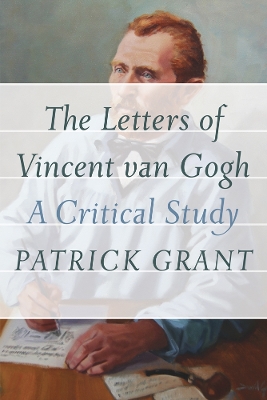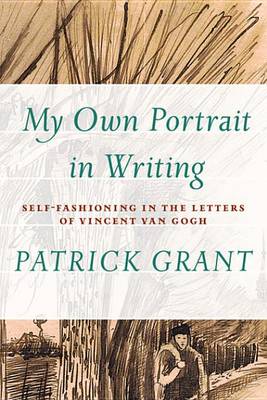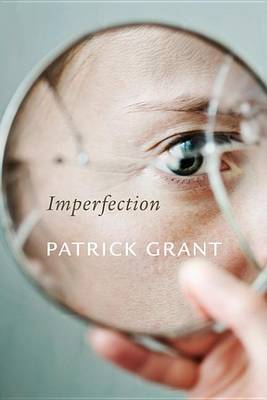Cultural Dialectics
3 total works
A reading of Van Gogh's collected correspondence by way of aset of ideas about dialogue and self-fashioning derived especially fromMikhail Bakhtin. Patrick Grant's central claim is that VanGogh's letters raise from within themselves questions and issuesto which they also respond dialogically, thereby thematizing theprocess of self-fashioning within their own discourse. The manner inwhich they do so is a marker of the specifically literary dimension ofVan Gogh's writing. Complementing Grant's earlier criticalanalysis, The Letters of Vincent van Gogh: A Critical Study(AU Press, 2014), this study brings Van Gogh's collectedcorrespondence fully into the domain of modern literary studies, bothcritical and theoretical-as is long overdue.


